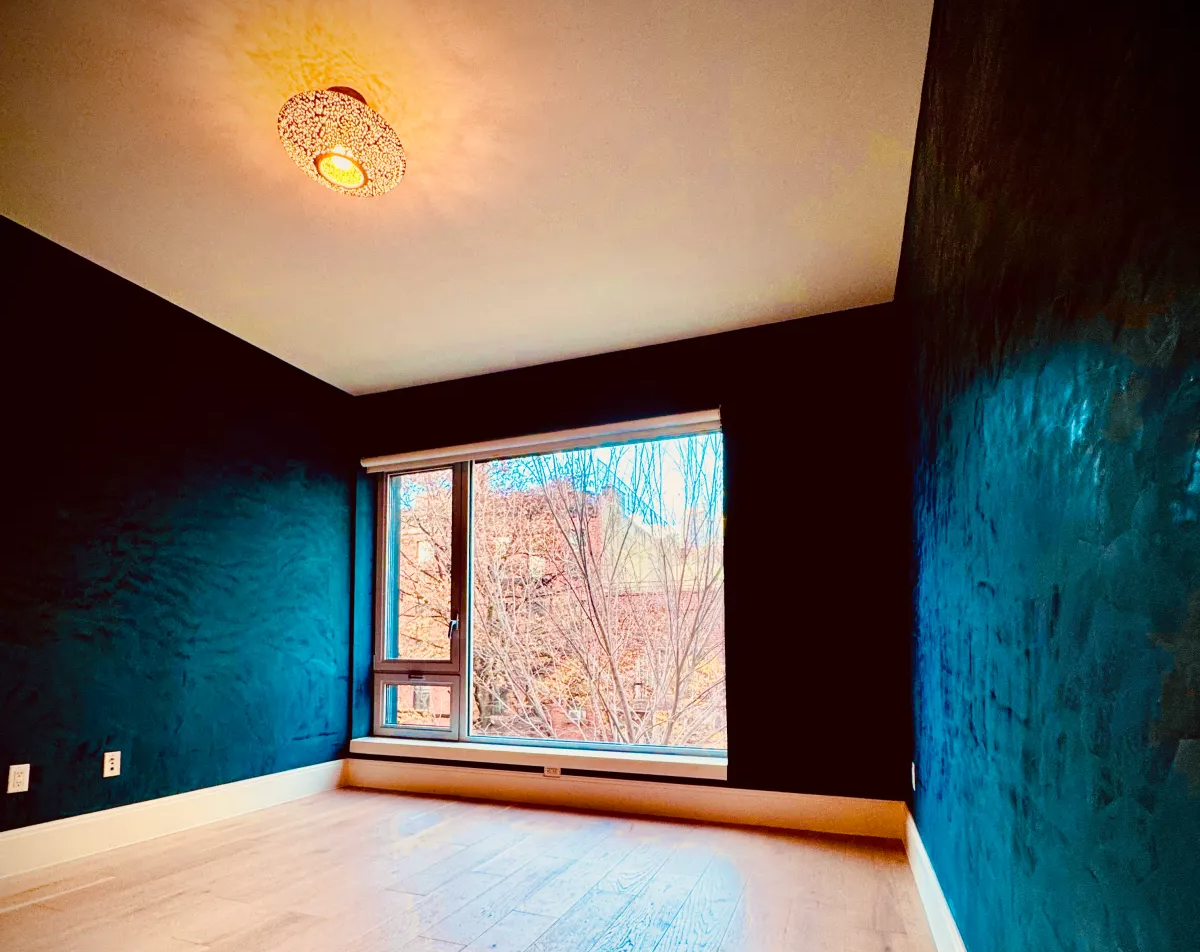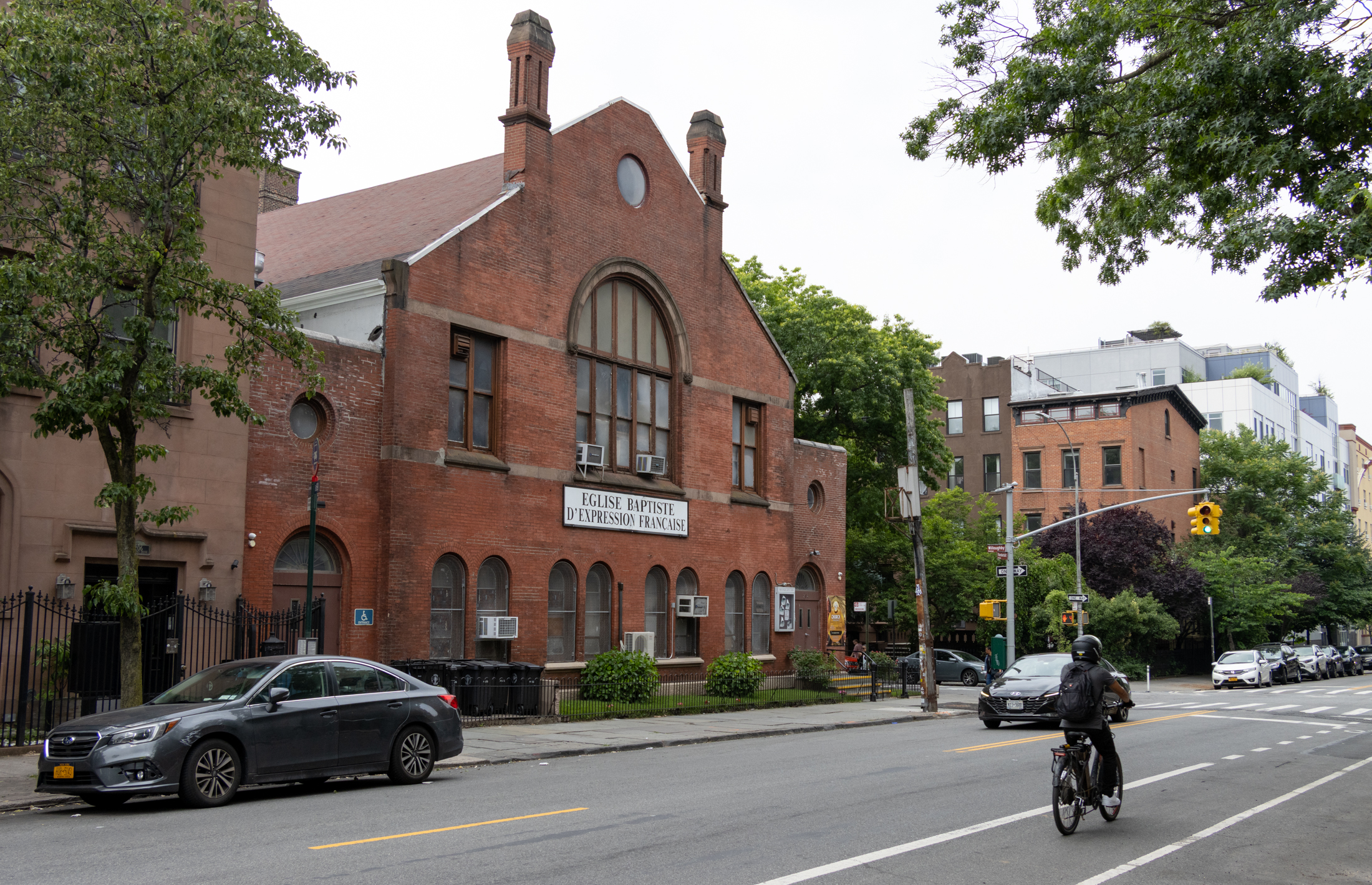Nest Egg or One-Armed Bandit?
An article today’s Home & Garden section of the NY Times asks why so many people remain convinced that real estate is a no-lose proposition. Recent history certainly contradicts this notion: According to Jonathan Miller, more than half of the people who bought co-ops and condos in Manhattan in 1986 or later and sold between…
An article today’s Home & Garden section of the NY Times asks why so many people remain convinced that real estate is a no-lose proposition. Recent history certainly contradicts this notion: According to Jonathan Miller, more than half of the people who bought co-ops and condos in Manhattan in 1986 or later and sold between 1990 and 1995 received less than what they paid for them. One broker thinks she has it figured out:
“Why do people go back to Vegas?” asked Donna Olshan, a broker in Manhattan. “They love to gamble. And people love real estate. They think that it isn’t going to happen again and they go back in it.”
Nest Egg or One-Armed Bandit? [NY Times]





People say that re is good if you stay in your home in the long term. What about all the people who cannot afford the type of home that they could stay in for the long term? Those people are taking a risk and are forced to either continue to rent or buy and risk going underwater and having to sell at the same time as a result of perhaps space issues.
All great points Suzy! Sorry if I confused any of your comments with somebody esle.
“The media likes to play up the speculators, but I really think that is very much in the minority” – YES!
and “Like it or not NYC & the Metro area is vunerable to price reductions (what goes up fast can come down just as quickly) and changing herd mentality (sheeple doing their thing)” – YOU ARE CORRECT, SIR!
and “Why? Ultimately, who the hell knows?”. – Couldn’t have said it better myself.
What is my point? Well, my point is made, not to be annoying (!) but to say, hey, homeowners and potential homeowners – find a way to buy a house and pay the mortgage, and enjoy yourself. So much of this unending speculation is pointless. Arm yourself with information, figure out what it is you really want, and go for it, in good time. In a few years you’ll probably find yourself running into a down-on-his/her-luck real estate agent; buy ’em a drink and have a chuckle together about all that nonsense in 2005. Then go home and water your plants.
To anonymous at 7:10 p.m.:
“When you purchase a multi-family home, that is an investment. An investment is supposed to result in monthly/quarterly/annual financial gains, not monthly/quarterly/annual financial drawdowns.”
No, the ‘purchase of a multi-family home’ is not, in every case, an investment. Many of my friends have purchased homes in the ‘hood. They’re young families and they rent out apartments in their multi-unit buildings to meet the mortgage. That’s why they bought multi-unit buildings in the first place; that’s why many people have beein doing so for many years.
BigBubba,
I didn’t say anything about rezoning, but, so long as we’re on that subject, let me make a point about JoshK.’s remark that “At the same time, when that is happening, that means that the value of the properties has pushed up to make developers struggle against the zoning boards. That would seem to imply that you make out well, too.”
Josh, the POV of ‘brownstoner” type folks includes the fact (yes, I said FACT) that nobody makes out particularly well when developers come in to fight for rezoning, and then, in the process, destroy the fabric and beauty of an area. There is more to real estate than just cold cash.
Why did the r.e. market collapse in the late 80’s? My recollection is that a couple of factors converged:
1) The Oct 87 stock market crash caused a ripple effect in the local economy, resulting in substantial Wall Street lay-offs. This contributed to increased unemployment and reduced wages, particularly among the class of workers most likely to purchase homes.
2) At about the same time, the commercial r.e. market was tanking due to excessive over-building. Since the banks had aggressively financed all this overbuilding, a lot of bankruptcies resulted. This caused the banks to severely contract r.e. lending – including residential r.e. lending (kinda like throwing the baby out with the bathwater). So not only were loans hard to come by, but the standards were unreasonably tight. So, unless you had a lot of cash, buying was difficult.
The result of weak employment and wages, and tight lending standards, was a death blow to housing prices.
Could it happen again. Sure it can. But as sure as we could see a price deflation, the market would likely rise again from the ashes in a few years. It does pretty much always go up even though there may be some ups and downs along the way.
Why did the housing market collapse in the late 80s? My distinct memory is that unsustainable growth in RE values, combined with the Oct ’87 stock mkt collapse, caused a crisis of confidence. Albeit there was a delay between the stocks tumble and RE mkt going south — 18mos infact — but sadly that just enough time to give people a false sense of security. And RE never declines as fast as the stock mkt because of the slow process of buying and selling. Moral? We know RE values are already overheated, so if the stock market tanks, either be ready to jump ship or hold tight for a few years of zero growth or even negative equity in your home.
BigBubba said, “Use OPM wisely and it is one of the most rapid roads to wealth that exists.” Agreed. “Use it poorly and, of course, its a painful disaster. But, you gotta risk something to gain something.” Unfortunately, the average Joe doesn’t understand how to properly use risk and is using highly leveraged mortgage products at a time when there is a quickly shrinking pool of “greater fools”.
Big Buuba said, “By the way, while you’re factoring inflation into your home ownership calculations, you better also figure out what it could do to your rent expense if you don’t ever buy.” Absolutely, but keep in mind that renting is considerably less expensive compared to buying and when the housing market corrects (and it will) landlords will still have a very hard time increasing rents. This may be NYC, but there is still plenty of rental inventory.
Big also said, “Actually, inflation is a pretty good friend of the homeowner. Let’s think about this for a second. Over time, inflation usually results in increased salaries for homeowners, not to mention increased rental income for multi-fam investors, all while mortgage payments remain flat (assuming it’s not an ARM).” Unfortunately, inflation is not helping homeowers at all at this juncture. Salaries are just barely up, heating, food, insurance, medical, gasoline and other costs are eating away at any perceived gain that might be working in your favor along with the continued risk that the value of your home will likely go down in the near future.
Read more at: http://thehousingbubble2.blogspot.com/ It ain’t pretty out there folks.
You guys are giving me a headache (why did I log on again). Clearly, this is an arguement that could go on for many days.
A couple of points:
1) Suzy, Point taken about rezoning, but IMO zoning is quite sticky, landmarking even more so. Destroying historically designated buildings is not something anyone will take lightly in the future, so I think I’m fairly safe on that score.
2) IMO, the sentiment that you don’t own until the mortgage is repaid is foolish. Lemme tell you, the wealthy of this country know how to use OPM (other people’s money) to make money. Big monster money. If anything, the increased access to massive amounts of credit has leveled the playing field for the regular Joe. It used to be you needed to be a Rockefeller to get access to lots of OPM. Now, almost anybody can get mass quantities of OPM.
Use OPM wisely and it is one of the most rapid roads to wealth that exists. Use it poorly and, of course, its a painful disaster. But, you gotta risk something to gain something.
3) By the way, while you’re factoring inflation into your home ownership calculations, you better also figure out what it could do to your rent expense if you don’t ever buy.
Actually, inflation is a pretty good friend of the homeowner. Let’s think about this for a second. Over time, inflation usually results in increased salaries for homeowners, not to mention increased rental income for multi-fam investors, all while mortgage payments remain flat (assuming it’s not an ARM).
For example, what did inflation do for your parents (at least those lucky enough to have purchased a home 40 yrs ago). Yah, that old mortgage sure seemed small relative to today’s incomes doesn’t it. To what do we owe that little windfall – Why inflation of course! Don’t hate inflation just cause it keeps Mr. Greenspan up at night.